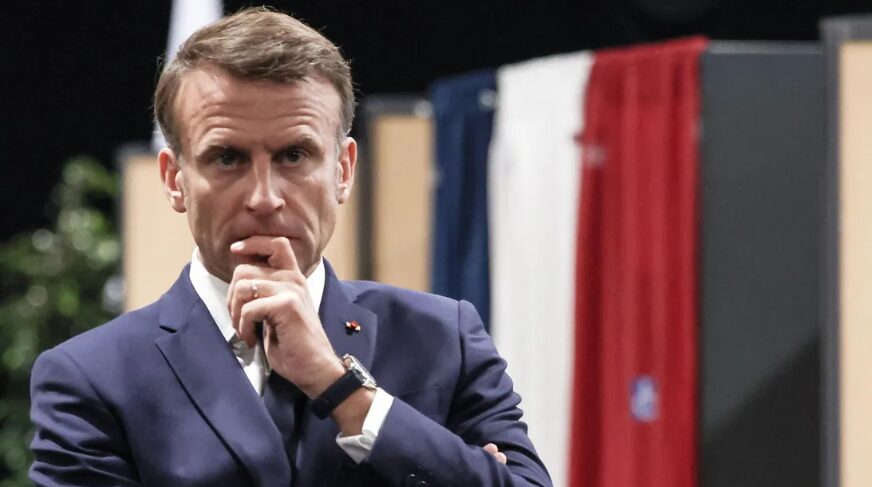French President Emmanuel Macron’s recent political maneuverings have left him in a precarious position, with calls for his resignation echoing from the opposition. The political scientist’s bold strategy backfired spectacularly, trapping him in a crisis of his own making.
A personal anecdote underscores the lesson Macron failed to learn: “Always run your own race, right to the end.” This principle, taught to me by my late father as we admired a statue commemorating the 1954 “Miracle Mile” race in Vancouver, seems lost on Macron. Instead of focusing on his own platform, Macron and Prime Minister Gabriel Attal attempted to thwart the dominant National Rally by forming a coalition with the left-wing New Popular Front. This strategy aimed to block National Rally’s Marine Le Pen from gaining a majority, but it created unforeseen consequences.
In the first round of voting, Macron’s “Together” party finished third, prompting him to abandon his original strategy. The coalition with the New Popular Front was designed to split the anti-establishment vote and prevent the National Rally from securing seats. This would be akin to all the losing contestants in an Olympic event uniting their scores to challenge the frontrunner. However, this plan backfired, leaving many districts with only anti-establishment choices, leading to a hung parliament.
The results of the second round left no single party with a majority of the 289 seats needed. The New Popular Front secured 182 seats, Macron’s “Together” got 168, and the National Rally obtained 143. This distribution of seats makes forming a stable government extremely challenging, requiring unlikely alliances and compromises. Macron’s coalition partners, already skeptical and opportunistic, now face an uphill battle to govern effectively.
As is customary, Prime Minister Gabriel Attal offered his resignation but remains in place until a new government is formed. This situation reflects the unstable nature of forced political marriages, which rarely lead to lasting success. Jean-Luc Melenchon, leader of the New Popular Front, has called for Macron to offer his team the prime ministership or resign. Melenchon’s assertiveness illustrates the power shift caused by Macron’s miscalculated strategy.
This entire debacle was intended to defeat the National Rally, which nonetheless won the popular vote. The French electorate, seeking to curb establishment power, ended up with a fragmented parliament. In the second round, the National Rally garnered over 10 million votes, far surpassing the 6 million votes each for the New Popular Front and Macron’s Together party. This result highlights a significant disconnect between the popular vote and parliamentary representation, raising questions about the true nature of democracy and government responsiveness to the people’s will.
Despite the political turmoil, one clear outcome is that Macron and the establishment no longer have a free hand to push legislation through parliament. The French electorate has decisively revoked their implicit trust in Macron’s administration, signaling widespread dissatisfaction with the status quo. Macron’s obsessive focus on countering the right led him to overlook the growing anti-establishment sentiment on the left, resulting in a dramatic political misstep.
In conclusion, Macron’s attempt to manipulate the electoral outcome by forming an opportunistic coalition has led to a significant political loss. The French electorate’s decision has disrupted the establishment’s power, reflecting a deep-seated desire for change. Macron’s failure to maintain his own course and the resultant political fragmentation underscore the complex dynamics of French politics and the electorate’s discontent with traditional power structures. This scenario serves as a cautionary tale about the perils of abandoning one’s principles in the face of political challenges.








